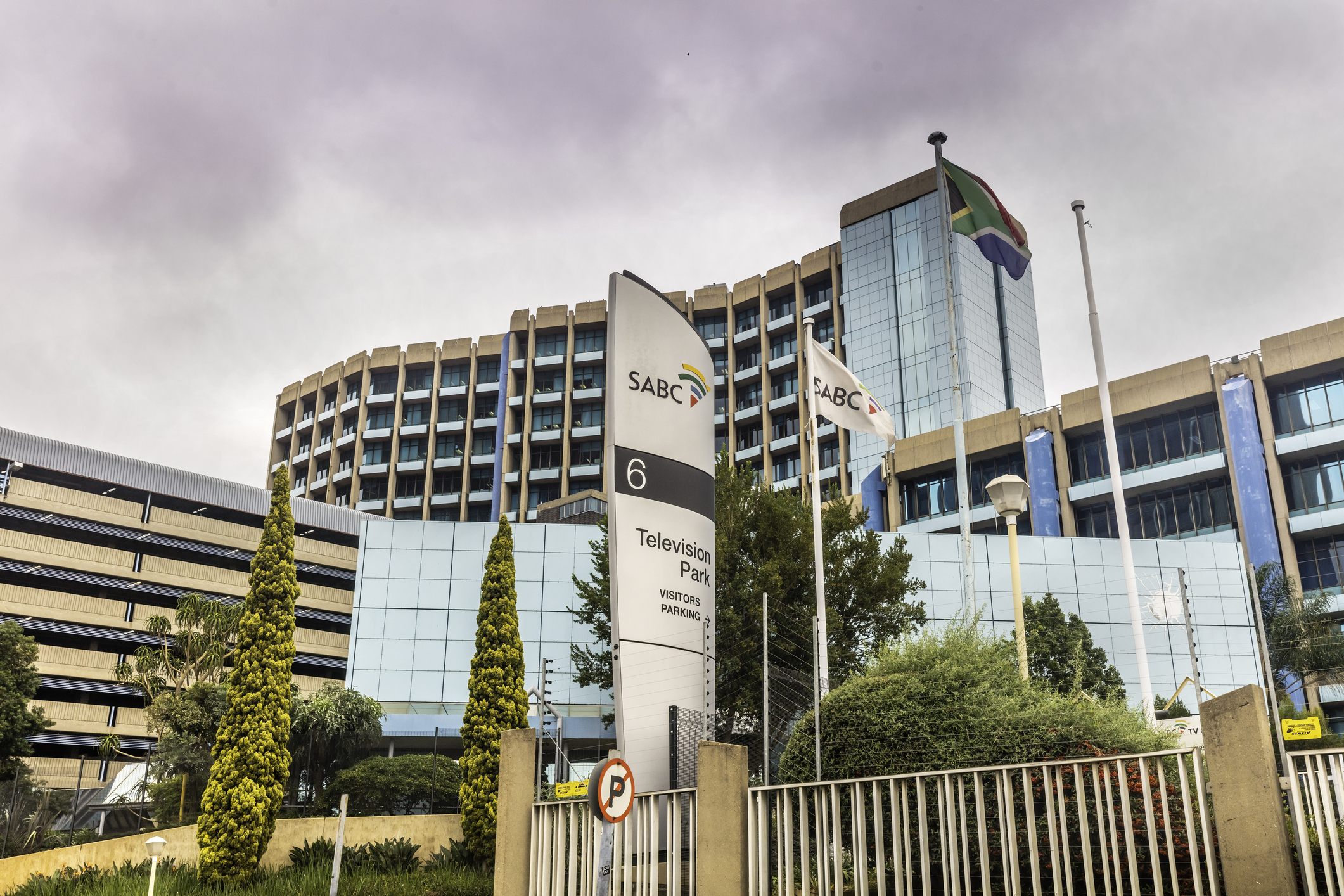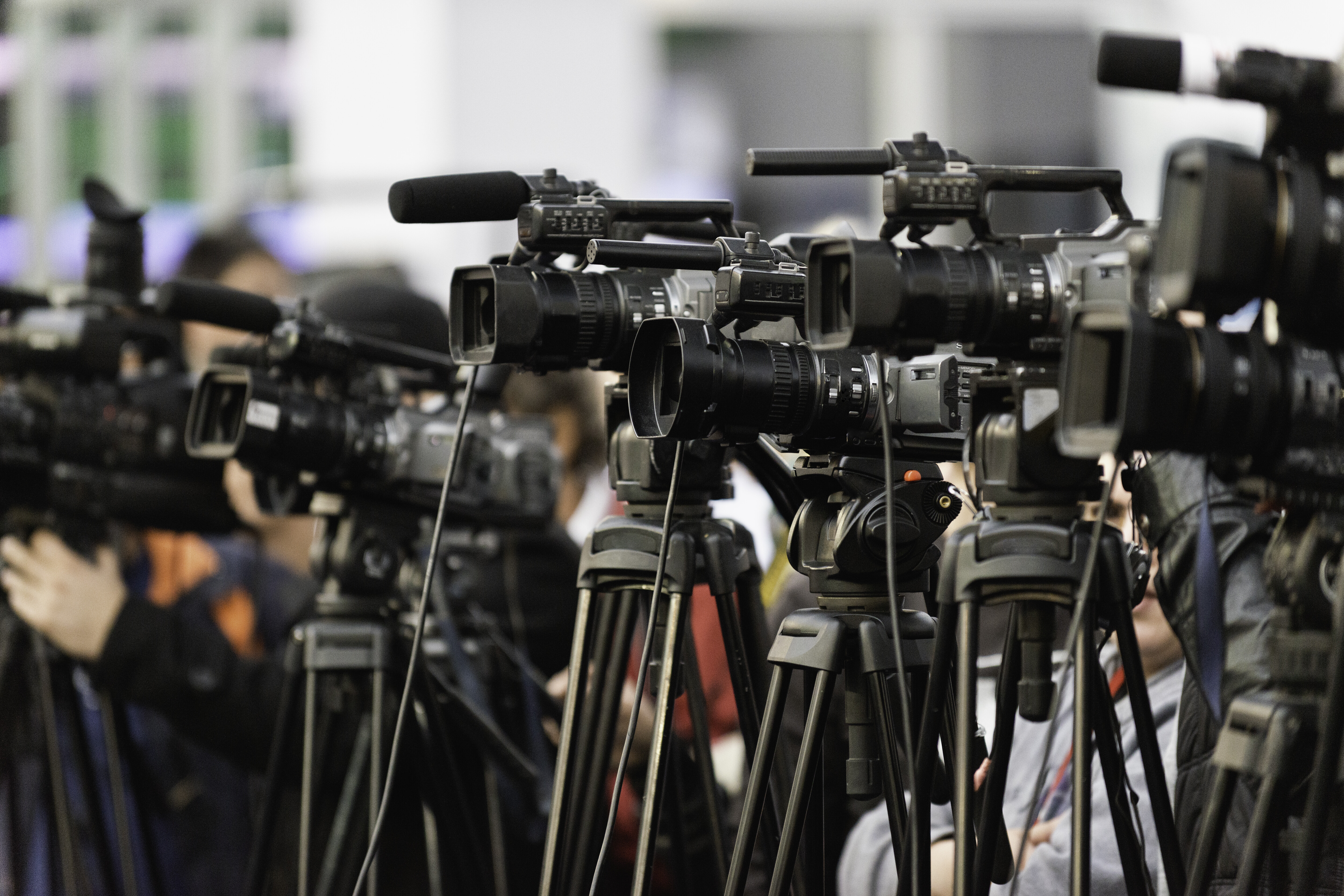By Desilon Daniels
As Namibia’s national public broadcaster, the Namibian Broadcasting Corporation (NBC) has a significant role to play in ensuring citizens are well-informed, entertained, and educated. But the broadcaster and the wider Namibian media landscape have faced several challenges, further compounded by the COVID-19 pandemic. Here, we provide a snapshot of NBC’s recent developments, its handling of the COVID-19 pandemic, and the country’s media landscape.
Board appointments
In August, a new six-member Board of Directors of the Namibian Broadcasting Corporation was appointed by Information and Communication Technology Minister, Dr Peya Mushelenga. The board, chaired by businessman Lazarus Jacobs, was appointed to oversee the broadcaster’s operations for the next three years. Meanwhile, Chairperson Jacobs said the NBC is a profoundly serious partner in disseminating news; hence, the entity must be run on sound and strict business principles. One of the board’s first order of business was reinstating NBC’s incumbent Director-General, Stanley Similo, for another five-year tenure.
Watch: Minister Mushelenga reminds new board of NBC’s crucial role in information dissemination – NBC
However, the ICT Minister has since been accused of subverting public enterprise laws in appointing the new NBC board by handpicking “political favourites”.
Funding
Over the years, NBC has found itself in a worsening financial crisis. In August 2019, the corporation’s Director General revealed that budget cuts played a significant role in the challenges facing NBC’s operations. At the time, NBC received a government subsidy of approximately N$20 million a month but this figure was drastically cut by about N$8.5 million, leaving a significant deficit. The financial crisis came to a head when the corporation announced cost cutting measures, including the suspension of a number of programmes and a reduction in broadcasting hours, with implications for its role as a news provider.
Read more: Financial crisis at NBC
Some of these austerity measures have since been lifted, former NBC Chairman Sven Thieme announced in July. At the time, Thieme said NBC was hoping for an increase in funding while it simultaneously looked at ways to reduce costs. On September 11, NBC further announced it would resume the broadcast of some local content due to improved financial support.
NBC’s worsening financial situation is compounded by underperformance in licence fee collection. From 2016 to 2018, NBC received N$67 million from TV licence fees. Director-General Stanley Similo noted that NBC had set a target of N$46 million per year but reaching this goal is a challenge due to citizens’ reluctance in paying their licence fees. The challenge is worsened by NBC’s inability to send out paper invoices due to high costs.
Most recently, at the appointment of NBC’s new board of directors, ICT Minister Mushelenga said the Namibian Government has ensured that NBC’s funding levels for the 2020 financial year are adequate and that the NBC does not find itself in financial difficulty as it has in the past. He further committed the government’s efforts to doing its best to ensure that funding does not hamper the NBC’s efforts to carry out its mandate.
However, NBC’s revenue has also been hit by the COVID-19 pandemic. In April, New Era reported that Similo said NBC is projected to lose between N$30 million and N$40 million in revenue.
Media Freedom Concerns
Namibia is Africa’s best ranked country for press freedom according to RSF, with a position of 23rd out of 180 countries in their World Press Freedom Index. In fact, it has ranked consistently well, falling no lower than 17th between 2013 and 2020. However, the media landscape has seen increasing political pressures on Namibian journalists. Most recently, tensions began to rise in the leadup to the November 2019 election where concerns were raised about verbal attacks on journalists. In the months that followed, the government has come under fire for alleged muzzling and media bashing.
NBC has been caught in the crossfires, with allegations of political interference being levelled against it. Most recently, NBC was accused of compromising its editorial independence through influence from the Presidential Press Secretary. NBC has since defended itself, saying the relationship with the press secretary is a “cordial” working one. Furthermore, in August, some NBC journalists were among a group of media professionals who signed a letter accusing elected political officials of, amongst other lapses, exercising control over national media such as NBC. NBC has since distanced itself from the letter.
Media freedom issues such as censorship have reportedly worsened due to the COVID-19 pandemic. Director of The Namibia Media Trust, Zoe Titus, was reported by the New Era newspaper as saying:
“There is a growing narrative that ‘we are in this together and this is not a time to criticise’. What this implies is censorship – self-censorship, which makes the work of journalists incredibly difficult because the media is supposed to ask these critical questions for public interest and public service.”
Meanwhile, the government has denied accusations of censorship which followed after only selected media entities were invited to a COVID-19 press briefing. According to the government, the decision was not one made to censor the media but as part of COVID-19 safety measures.
Managing COVID-19
As noted above, Namibia’s media freedom issues and developments at NBC are occurring against the backdrop of the COVID-19 pandemic. NBC has risen to the demand for credible information related to the disease, making use of its 10 radio stations, three TV channels, and its online presence to keep the populace well informed. Through its various platforms, NBC can reach 1.6 million people daily. However, its conversion from analogue to DTT has proven a difficult hurdle to cross; currently, about 74.5% of Namibia is covered, Similo said recently during the first of a series of IAPMR webinars on universalism and public service media.
Similo explained that much of NBC’s content are COVID-19 specific educational programmes while it has also reintroduced its lunchtime bulletin as a dedicated outlet for COVID-19 updates. NBC also broadcasts live, daily updates from the COVID-19 centre. Furthermore, its presence on DStv Namibia – a satellite-TV platform – has made it possible to reach a wider audience. For radio, NBC has adjusted its delivery and has begun offering translations in local languages for its radio stations.
Managing the pandemic has not been without challenges for NBC. Internet connectivity issues pose a challenge as well as adapting to working from home. “We had to quickly adapt so we could still be responsive,” Director-General Similo was reported as saying. Revenue generation, such as through advertising, has declined and has also proven to be a problem for NBC and its broadcast capabilities.
In response to the challenges, Similo has called on the corporate sector to insulate the media against the pandemic.
The Public Media Alliance congratulate Stanley Similo on his reappointment and look forward to working with him in the years ahead. PMA will continue to observe the situation in Namibia and support NBC in its critical role of informing, educating and informing the Namibian public.
Header Image: Set of NBC Good Morning Namibia. Image: Public Media Alliance
Related Posts
26th August 2020
Insight | SABC has cut its losses and is ahead on a turnaround plan
Work over the past nine months has laid…
19th August 2020
Tanzania: Regulator poses tighter restrictions on media
There are serious concerns that new…
11th August 2020
Focus on PSM | SABC facing significant challenges in its 84th year
As South Africa’s public broadcaster…

